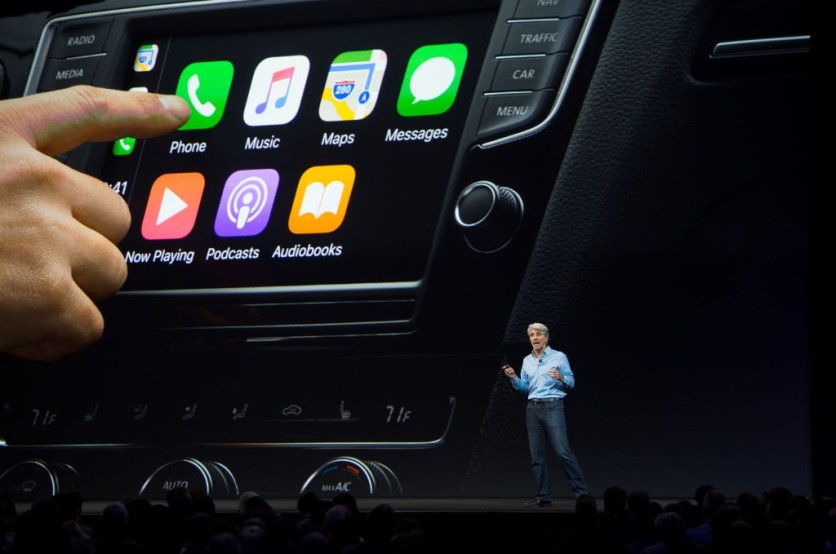The California Privacy Protection Agency (CPPA) has initiated an investigation into the data protection policies of automakers that manufacture vehicles with frequent or continuous internet connectivity.

Data Protection Policies
To strengthen consumer privacy protections, Bloomberg reported that California state regulators are set to examine car manufacturers' data protection policies thoroughly.
The review will specifically target vehicles that can connect with drivers' mobile phones to enable popular features such as Apple Inc.'s CarPlay and Alphabet Inc.'s Android Auto.
Recognizing that modern vehicles have become highly connected computers on wheels, CPPA's executive director, Ashkan Soltani, noted that these vehicles could accumulate a vast amount of information through built-in apps, sensors, and cameras, potentially monitoring both occupants and individuals in close proximity to the vehicle.
To ensure compliance with California's privacy laws and ascertain how consumer data is used and collected, the agency's enforcement division is actively reaching out to car manufacturers.
While the specific carmakers involved in the review were not disclosed, the state's focus on bolstering data protection underscores its commitment to safeguarding consumer privacy in an era of rapidly advancing automotive technologies.
California regulators might find valuable insights by collaborating with their European counterparts on vehicle data privacy as Congress in Washington continues to struggle with the absence of a national privacy law.
In Europe, investigations into data practices have compelled vehicle manufacturers to be more transparent about data collection and provide consumers with increased data control options.
California State Regulators Conducting the Investigation
The Hill reported that California state regulators are conducting the investigation under the California Consumer Privacy Act, a robust data privacy law that mandates prominent companies to disclose the personal information they collect from consumers and how it is used.
Initially passed in 2018 and expanded in 2020, the law provides Californians with essential privacy rights. These rights include the right to know the personal information collected by businesses about them, the right to request the deletion of such information, and the right to opt out of its sale or sharing.
Data Collection Through Vehicles
In recent years, data collection in cars has experienced a significant surge, especially in vehicles that encourage users to connect their phones for various purposes, such as music playback, navigation, and hands-free calling.
This data includes location information obtained from nearby cell towers or GPS, which businesses leverage to target nearby drivers with product pitches.
When combined with web surfing behavior and other internet data collected by brokers, this movement tracking can create a comprehensive profile that includes personal details like a person's home address, workplace, shopping habits, religious practices, and medical treatments.
Despite phone connections transmitting detailed call logs and contact lists to automakers and their partners, these companies' privacy policies remain vague, The Washington Post reported. Although California laws advocate visibility and transparency for consumers, access to clear privacy policies is often a challenge.
Related Article : Electric Vehicles Are Taking Over the US-Here's a Look at the Numbers





